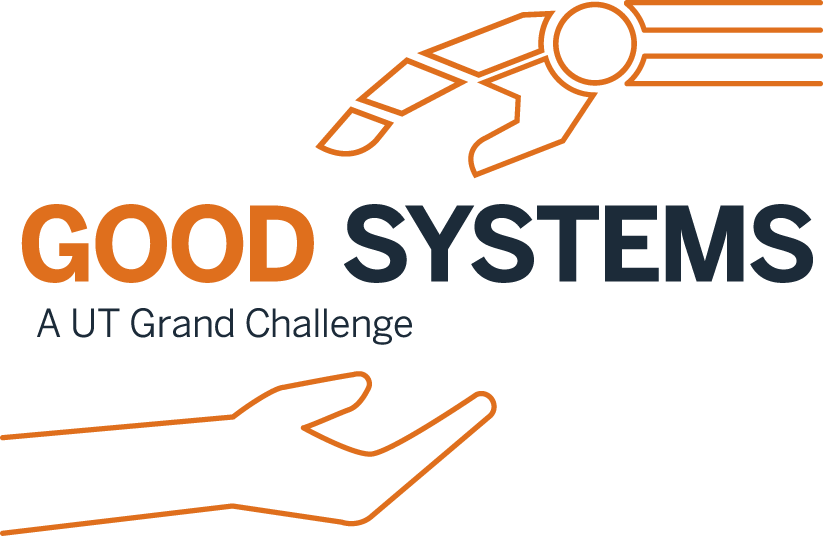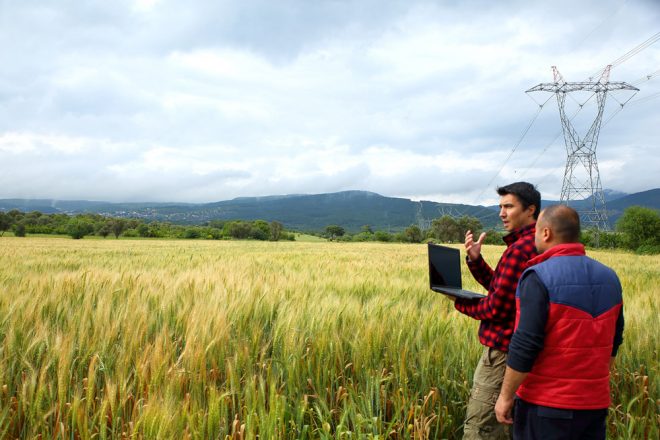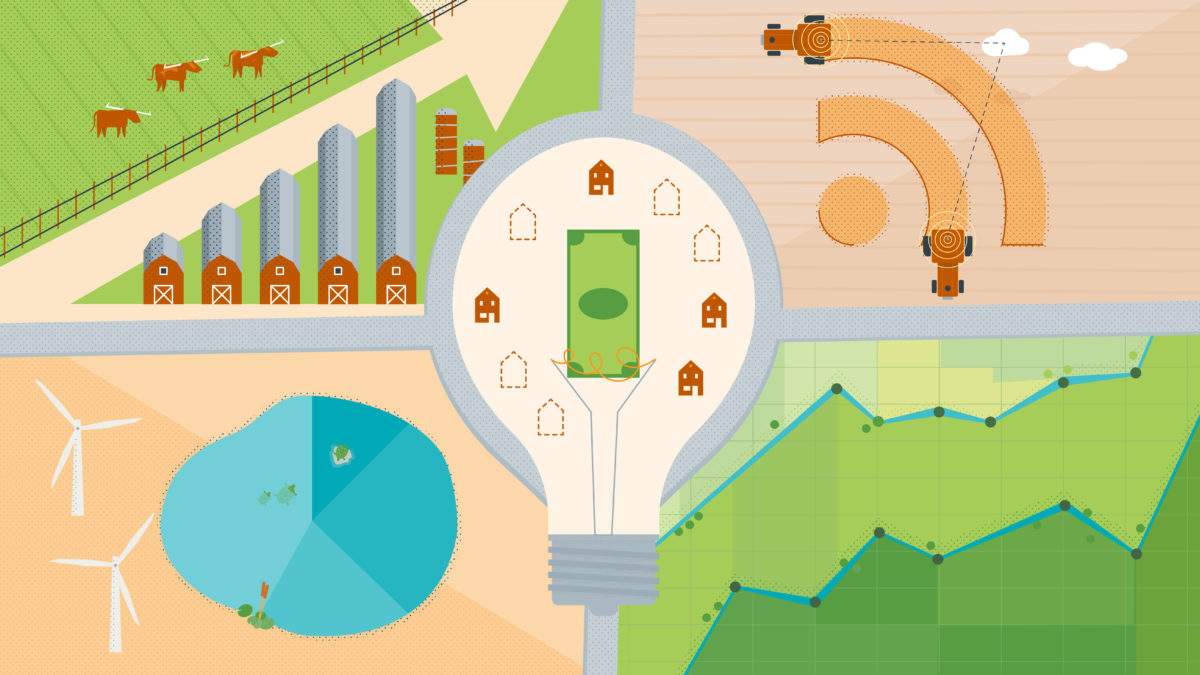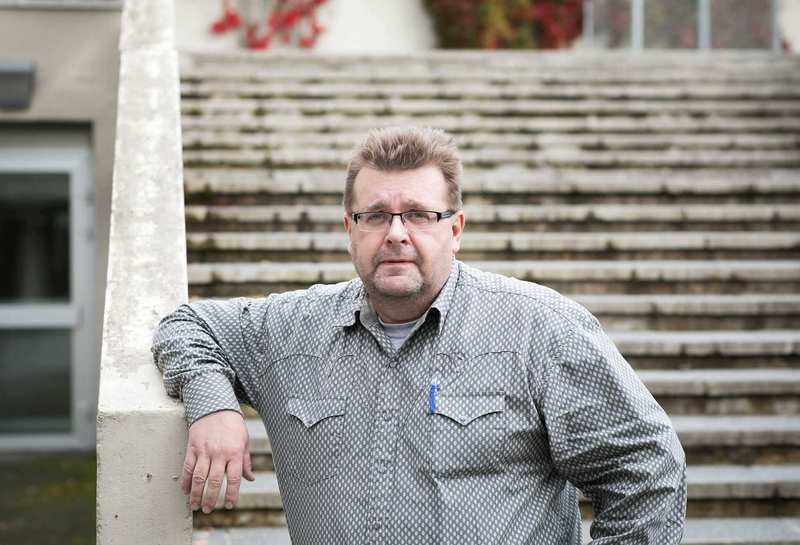Latest Updates

Report: Digital Inclusion in Austin
A team of researchers under the supervision of professors Joseph Straubhaar and Sharon Strover conducted the Austin Digital Assessment Survey for the City of Austin to...
Sharon Strover Receives IC2 Grant
Sharon Strover received a grant from IC2 to characterize and quantify the relationship between adequate broadband services for rural entrepreneurship efforts, and to...

Good Systems, A UT Grand Challenge: Designing values-driven AI technologies
How can we ensure that AI is beneficial - not detrimental - to humanity? How can we develop technology that makes life better for all of us, not just some? What...

Research in the Field: Libraries and their Role During Crisis and Disaster
The IMLS Libraries and Disasters project, funded by the Institute for Museum and Library Services and in partnership with the Texas State Library and Archives...

Regulation and Responsibility: The Dynamic Global Landscape for Privacy, Data Protection, and Technology
2019-03-11, 11 a.m., Engineering Education and Research Center Mulva Auditorium Good Systems is hosting a fireside chat with Julie Brill, Microsoft's Corporate Vice...

Human-Machine Networks: Working Together or Working Apart?
2019-08-07, 3:30 p.m. Join TIPI as we welcome Eric Meyer as the new dean of the School of Information! Eric will talk about Human-Machine networks. The story of society...
Report: The digital inclusion role of rural libraries: social inequalities through space and place
Abstract: A great deal of scholarship on broadband deployment and federal policies has positioned rural America through a deficit framework: rural parts of the country have older populations (and therefore not tech savvy), are poor (and therefore justifiably ignored by the market), too remote (therefore outside of legitimate profit-making enterprise), and losing population (and therefore significance). This research examines rural Internet connectivity through the lens of local libraries lending hotspots for Internet connectivity. Qualitative data gathered in 24 rural communities in Kansas and Maine undercut simplistic notions regarding how communication systems operate in environments ignored by normative market operations. Financial precarity and pressures from social and economic institutions compel rurally based individuals and families to assemble piecemeal Internet presence and connectivity. The public library plays a crucial role in providing Internet resources and stands out in the rural environment as a site that straddles public trust and local.

TIPI Partners with Glasshouse Policy in Support of Closing Rural Connectivity Gap in Texas
In support of closing the rural connectivity gap in Texas, Glasshouse Policy partnered with AARP, the Texas State Library and Archives Commission (TSLAC), and the...

TIPI Research Projects Help Boost Rural Entrepreneurship in Texas
To help support entrepreneurs and small-business owners — key drivers of prosperity in rural Texas — the IC² Institute at The University of Texas at Austin is funding...

Nordic Media Welfare State. The Case of Finland: Variant or Deviant?
TIPI Guest Lecture with Marko Ala-Fossi 2019-05-03, 3:30 p.m. University Lecturer, Adjunct ProfessorFaculty of Information Technology and Communication...
